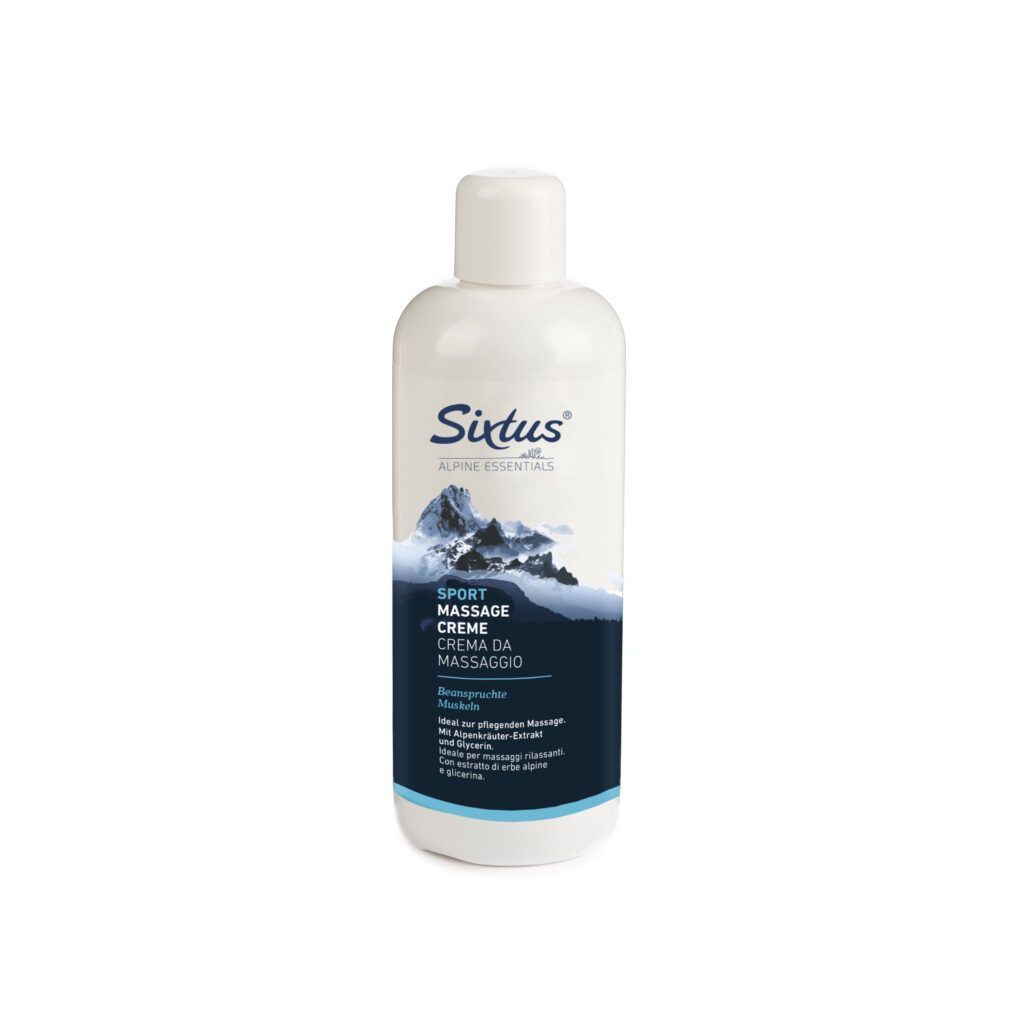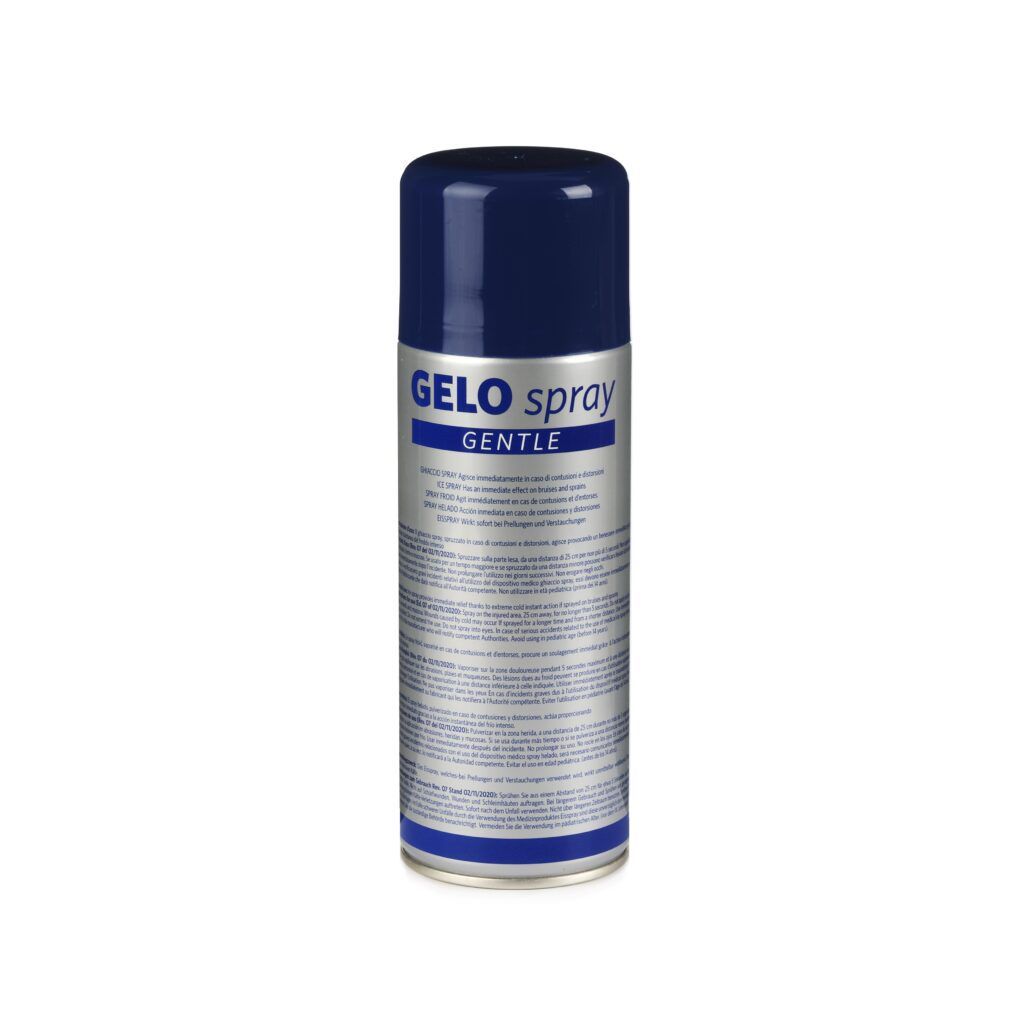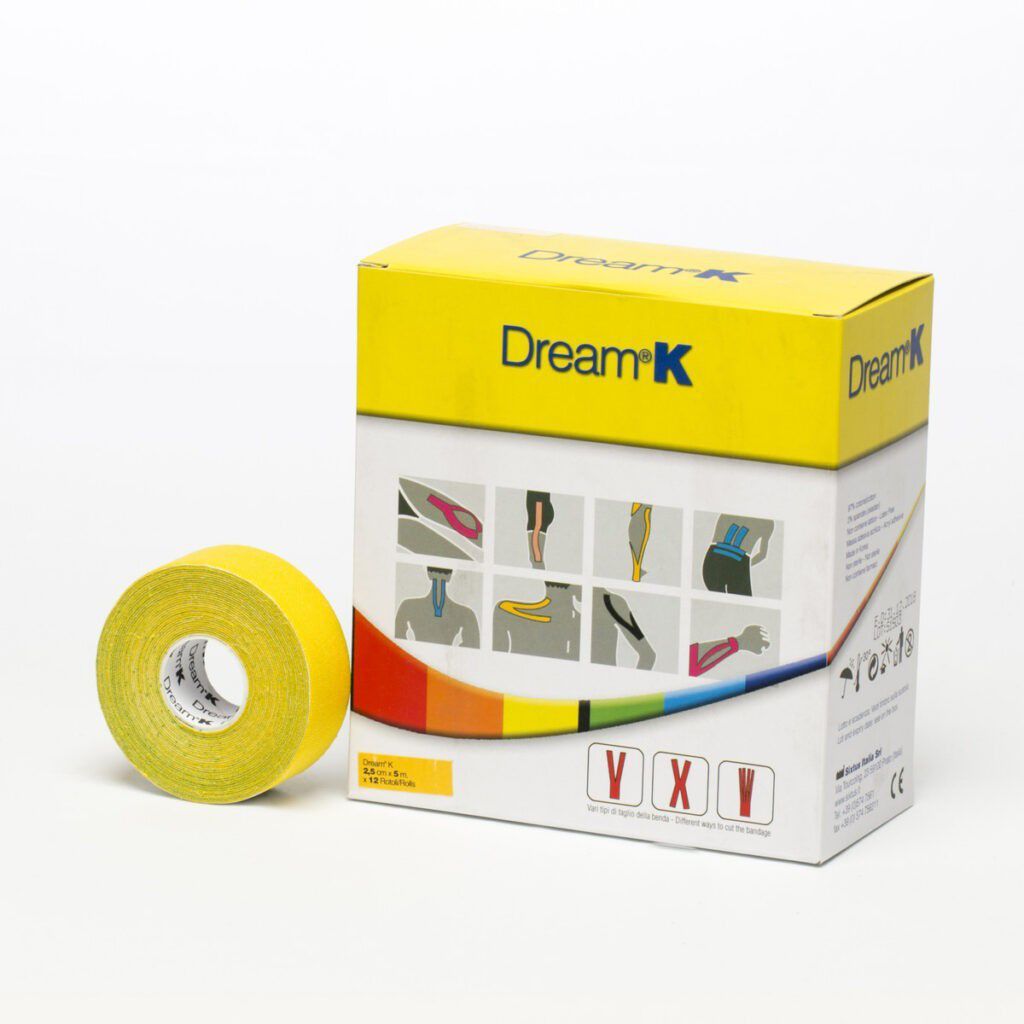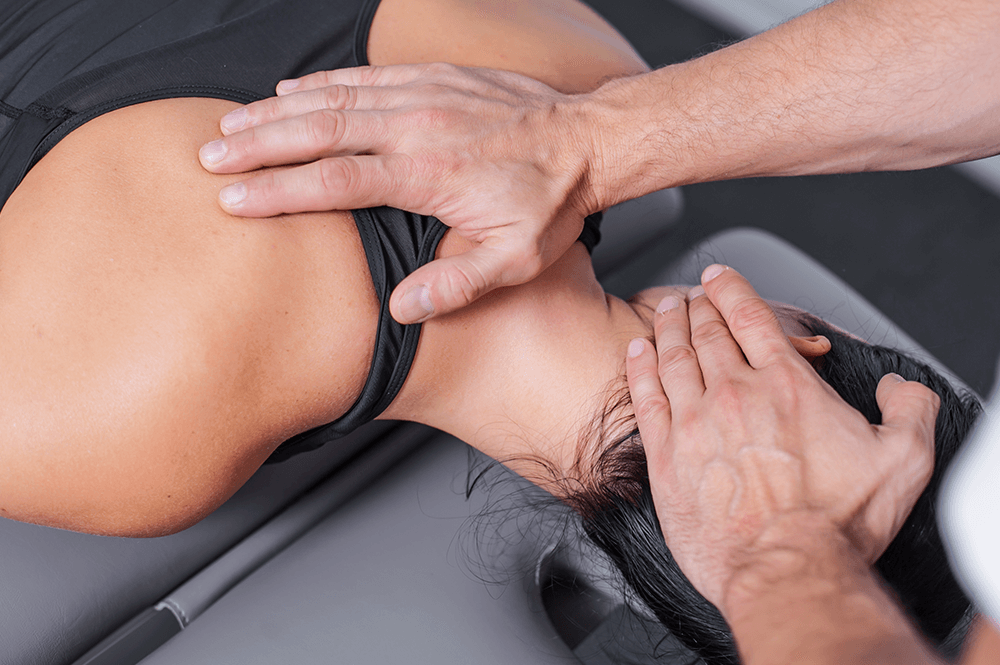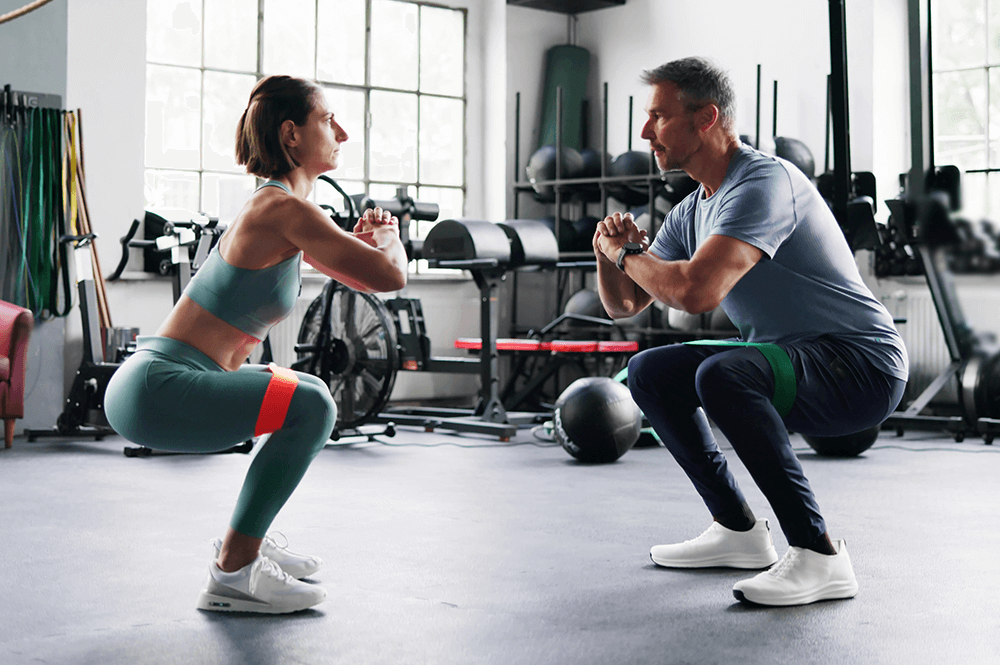Athletic preparation and recovery
Cycling training: how to optimize performance
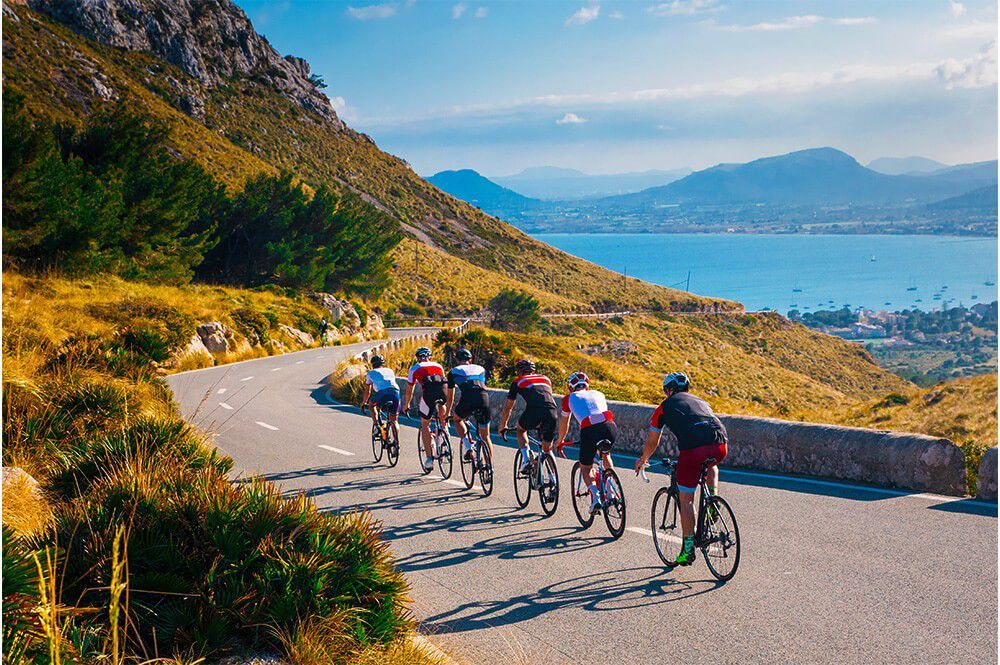
Cycling training: optimizing performance
Cycling is one of the most physically demanding sports; whether practiced at an amateur or professional level, it requires constant and targeted training to achieve set goals. Training on a bike involves significant energy expenditure, as well as challenging your cardiovascular system, effort management, and muscle endurance. Every pedal stroke demands stamina, strength, and energy. In this context, athletic preparation becomes the key to improving performance and preventing injuries.Cycling: some tips for good training
For a cyclist, two aspects are crucial: nutrition and training. A balanced diet is essential to compensate for energy consumption and provide the necessary strength. Training, on the other hand, is vital for ensuring endurance and power for athletes. It's important to alternate training sessions with recovery periods to optimize performance. To achieve significant results, it's recommended to focus on the following aspects:- Endurance: To improve aerobic capacity and cardiovascular efficiency, it's necessary to engage in long, low-intensity sessions;
- Power: To enhance speed and power, it's advisable to incorporate high-intensity interval training (HIIT);
- Muscle strength: In this case, strength training in the gym, with weights or bodyweight exercises, is recommended. This type of training helps to improve strength and endurance, while also reducing the likelihood of injuries or back pain;
- Recovery: Active recovery or complete rest is essential to regenerate muscles and improve physical and athletic performance.
- Branched-chain amino acids (BCAA): Taking BCAAs before or after training can help reduce muscle fatigue and promote protein synthesis, aiding in faster muscle recovery, especially when combined with carbohydrates;
- Energy drinks and supplements: To maintain the right level of energy and intensity, energy supplements can be taken before and during sports performance, helping to achieve optimal results;
- Post-workout proteins and glutamine: Thanks to proteins, carbohydrates, and amino acids, post-workout recovery is optimized, improving future performance and quickly replenishing the energy spent.
Cycling: training plan
Every cyclist needs a training plan to follow for a defined period. This allows for structured training, leading to the achievement of predetermined goals and milestones. A cyclist's training plan has a limited timeframe to optimize results and varies based on the athlete's characteristics, goals, and age. Therefore, it's important to consult professionals for a personalized training plan. So, what should a cyclist's training plan look like?- Short: It should span about 4 weeks;
- Simple: A few clear tasks, executed correctly;
- Willpower: Sometimes training plans can be more tedious than fun, but to reach your goal, it's also important to do work that may be less enjoyable or intense, so you have the energy to hit your target.
Gym training for cyclists
The benefits of gym training for cyclists are numerous because it strengthens muscles, increases power, and boosts energy, all useful for endurance performance. Additionally, training in the gym can:- Improve intramuscular coordination;
- Reduce the risk of injuries;
- Increase power and stability during cycling.
- Lunges: To work the muscles in the lower body;
- Kettlebell swings: Useful for improving endurance and pedaling power;
- Burpees: Great for the whole body, as they train muscles and joints while also raising the heart rate.

